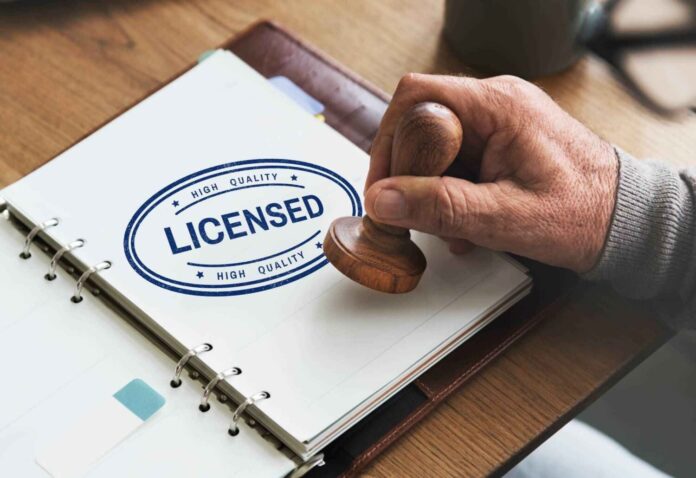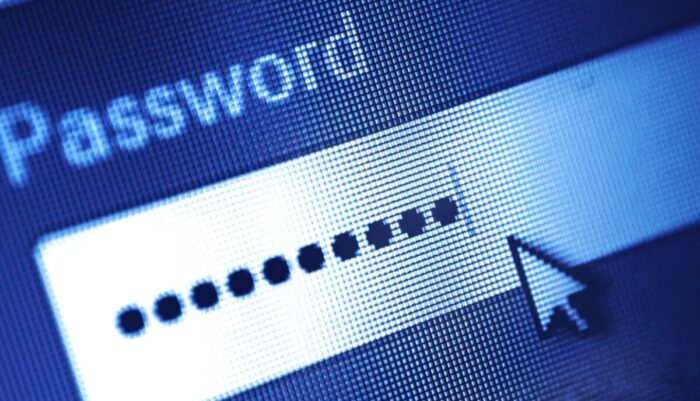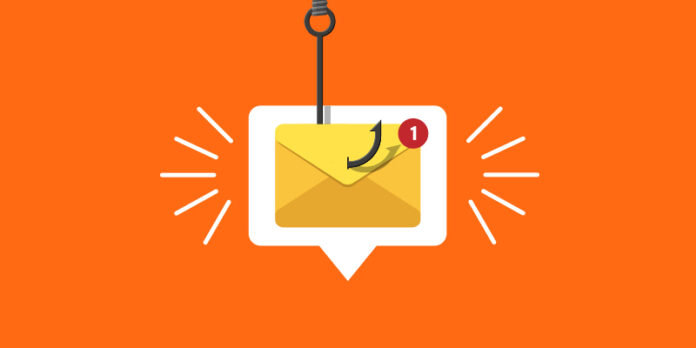Privacy is not merely a feature of online gaming; it’s a cornerstone of your security. When you register with an online casino, you disclose sensitive information that could be harmful if misused. This isn’t just about keeping your gaming habits a secret; it’s about protecting yourself from identity theft, financial fraud, and unauthorized access to your banking details. Each piece of personal data shared can be a piece of a puzzle for someone with malicious intent to reconstruct your identity or drain your financial assets. In a world where data breaches are not uncommon, it’s essential to safeguard your information. Casinos, being online hubs of high-volume financial transactions, can be particularly tempting targets for cybercriminals. The stakes are high, not just on the virtual casino tables, but also regarding your personal data’s safety and integrity.

Know the Casino’s Reputation
Trust is the currency of the internet, and nowhere is this more relevant than in online gaming. The reputation of a casino should precede it, serving as a badge of trustworthiness and a shield against malpractice. Researching a casino’s history and track record is a protective measure. This due diligence includes looking for past breaches, how they handled them, and the measures they’ve since implemented. Reviews and ratings are gold mines of information—stories from real users offer insights into the casino’s operations. A consistent pattern of complaints, especially regarding cashouts or the mishandling of personal data, can be a red flag.
Use a Secure Internet Connection
A secure internet connection is your first defense against data compromise. When you register on a casino site, the information you transmit could be intercepted by cybercriminals on unsecured networks. Public Wi-Fi, found at places like cafes or airports, is notoriously insecure; these networks often lack the robust encryption that safeguards data transmission. Instead, ensure that you’re using a private, password-protected network. This can significantly reduce the risk of your personal and financial details being intercepted.
Opt for Licensed Casinos
Licenses are not just formalities; they are assurances of a casino’s integrity and commitment to protecting players. A valid license from a reputable regulatory body means the casino adheres to stringent standards regarding operational conduct, fair gaming practices, and data security. These bodies impose rigorous requirements for data encryption, secure transactions, and regular audits. The presence of such a license is a sign that a casino is serious about safeguarding user data. When a casino holds a license, it must also comply with laws and regulations designed to protect players and their information, such as the GDPR (General Data Protection Regulation) in the European Union.

Read the Privacy Policy
It’s crucial to understand what you’re consenting to when you check the box to agree with a casino’s privacy policy. These documents are often long and filled with legal terms, but they hold essential details about how the casino will use your data. Look for clear statements on data handling, storage, and sharing policies. Check for clauses that address the use of third-party services, as these may have different standards of data protection. Confirm that the policy explains how you can access or request the deletion of your personal information.
Provide Minimal Personal Information
Disclose only what’s necessary. During registration, a casino will typically ask for your name, date of birth, address, and payment details. Be cautious if you’re prompted for information that doesn’t seem relevant to your gaming experience, such as social security numbers or passwords to other accounts. Share only what is essential for using the casino’s services.
Use Strong Passwords
The strength of your password can mean the difference between a secure account and a compromised one. A strong password is unique, long, and combines letters, numbers, and symbols. Avoid using easily guessable passwords like “123456,” “password,” or sequences of letters and numbers that are close together on the keyboard. Consider using a password manager to generate and store complex passwords for you. Changing your passwords regularly also helps keep your accounts safe.

Enable Two-Factor Authentication
Two-factor authentication (2FA) adds an extra layer of security. Even if someone figures out your password, they won’t be able to access your account without also having the second factor—usually a code sent to your mobile device or generated by an app. Check the casino’s security settings and enable 2FA if available. This simple step significantly improves the security of your casino account.
Avoid Public Computers and Devices
Using public computers or devices to register or log in to your casino account is risky. These computers might have malware that records keystrokes and captures your login details. Always use a personal device for gambling activities. Keep your computer or smartphone’s security software updated to protect against the latest threats.
Be Wary of Phishing Emails
Phishing emails are a common way for scammers to trick you into giving out personal information. These emails can look surprisingly legitimate, mimicking the casino’s branding and language. Always verify the sender’s email address, and never click on links or download attachments from suspicious emails. If you’re unsure, contact the casino directly through their official contact details to verify the email’s authenticity.

Regularly Monitor Account Activity
Keeping an eye on your casino account’s activity is a proactive way to detect unauthorized access. Set up account alerts if the casino offers them. These can notify you of login attempts, withdrawals, or other significant actions taken on your account. If you notice anything unusual, report it immediately.
Know Your Rights and Reporting
Awareness of your rights regarding data protection is your final shield. Depending on your jurisdiction, laws may give you the right to access, correct, or delete your personal data held by the casino. If you suspect your data has been mishandled, you have the right to lodge a complaint with a data protection authority. Familiarize yourself with the process of reporting issues so you can act quickly if needed.
In conclusion, protecting your privacy during online casino registration is crucial. It’s about more than just personal secrecy; it’s about safeguarding your identity and financial well-being. Always take proactive steps to ensure your information remains secure. Remember to research the casino’s reputation, use secure connections, opt for licensed casinos, thoroughly read privacy policies, provide only necessary personal information, use strong passwords, enable two-factor authentication, avoid public devices, stay alert for phishing attempts, monitor account activity, and understand your rights.









